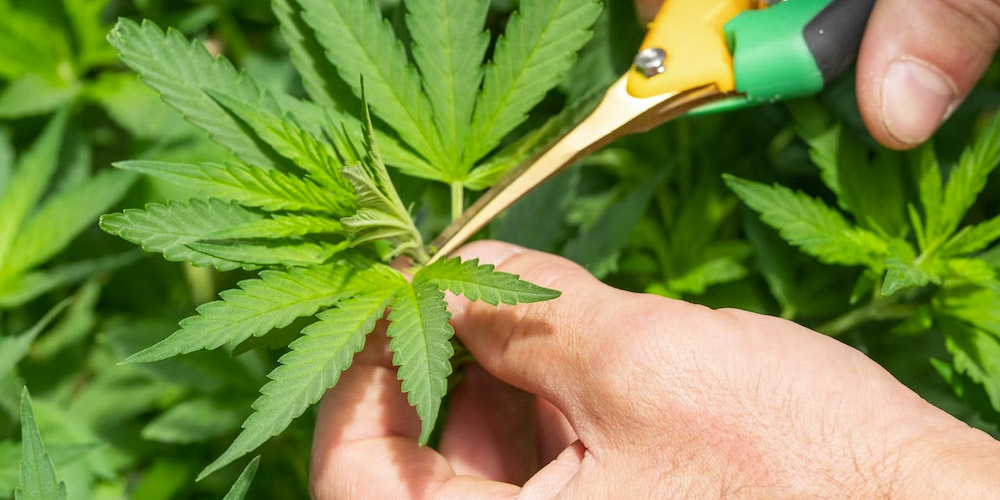
One of the most prominent cannabinoids discovered in the cannabis plant is delta-9 THC, popularly known as tetrahydrocannabinol, and another is CBD, also recognized as cannabidiol. Although there is some resemblance between them, there are also several notable distinctions that influence how they work with the body and the impacts they have. In this blog, we tried to bring you a comprehensive comparative study of Delta-9 THC and CBD:
Psychoactive Impacts: The psychoactive properties that Delta-9 THC and CBD produce happen to be the main distinction between them. The principal psychoactive compound present in cannabis is delta-9 THC. It is mainly responsible for the typical "high" or euphoric emotion that one experiences when using marijuana. On the other hand, CBD is non-psychoactive in nature and has no such euphoric properties.
Legality: The legality of CBD and Delta-9 THC differs from region to region and is likely to change at any time. For instance, Delta-9 THC is a Schedule I controlled substance in the US and is therefore prohibited federally, even though some states have made its use legal for therapeutic or recreational purposes. Contrarily, CBD is permitted under federal law if it is extracted from hemp (cannabis plants whose THC content remains less than 0.3%) and contains less than 0.3% THC.
Use for Medical Purposes: Delta-9 THC and CBD both have therapeutic capabilities and can be utilized for a number of medical conditions. Apart from stimulating appetite, delta-9 THC is also used to treat situations like motion sickness, pain, and muscle spasms. Again, CBD is widely popular for its use to aid multiple conditions like epilepsy, anxiety, inflammation, and chronic pain. It is necessary to conduct further research on both compounds to fully understand their benefits and risks.
Negative Impacts: Delta-9 THC can have negative effects like dry mouth, red eyes, an increased heart rate, and memory and coordination problems. Some people may experience anxiety and paranoia after using Delta-9 THC. However, CBD has a superior safety profile and is usually tolerated well. Although they are relatively rare, undesirable effects of CBD tend to involve dry mouth, diarrhea, and changes in weight or appetite.
Interaction with the ECS: Delta-9 THC and CBD impact the body's endocannabinoid system, or ECS, in several distinct manners. The ECS is an intricate network of endocannabinoids, enzymes, and receptors in the body that contributes to regulating numerous physiological processes, including sleep, mood, and pain. Delta-9 THC mainly attaches to the CB1 receptors in the brain and has psychoactive effects. Contrarily, CBD doesn't attach to the CB1 or CB2 receptors directly. Instead, it is assumed to function by hindering the disintegration of endocannabinoids and subtly affecting the functions of numerous ion channels and receptors.
In conclusion, Delta-9 THC and CBD are two unique cannabinoids that exhibit distinct impacts on the body. While CBD is non-psychoactive and used for its potential therapeutic benefits, delta-9 THC is psychoactive and causes the "high" that comes from marijuana use. Although both compounds have great potential for medical use, more study is required to fully comprehend their potential effects and applications. Hence, one should always approach a healthcare professional before beginning any new supplement or therapy.





